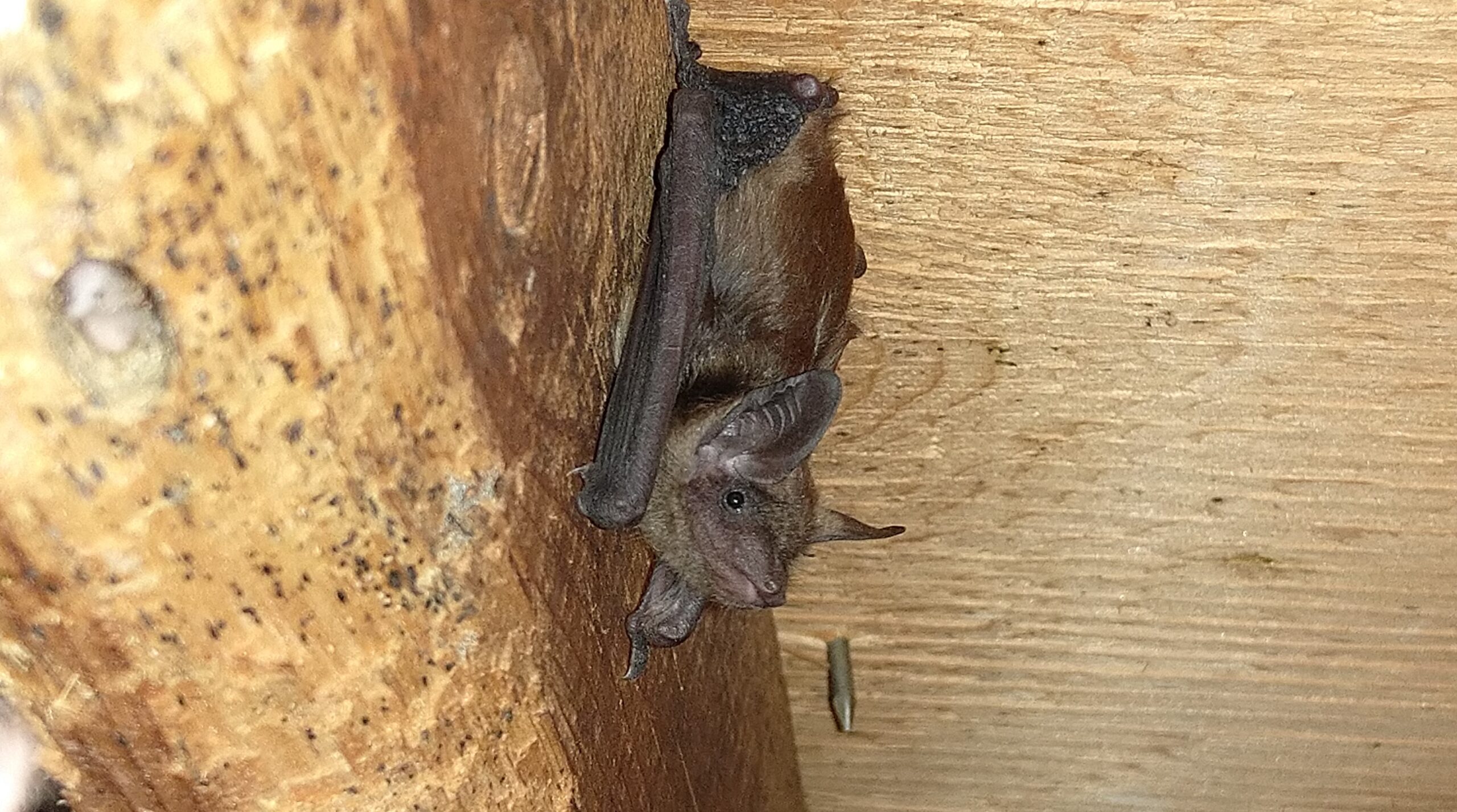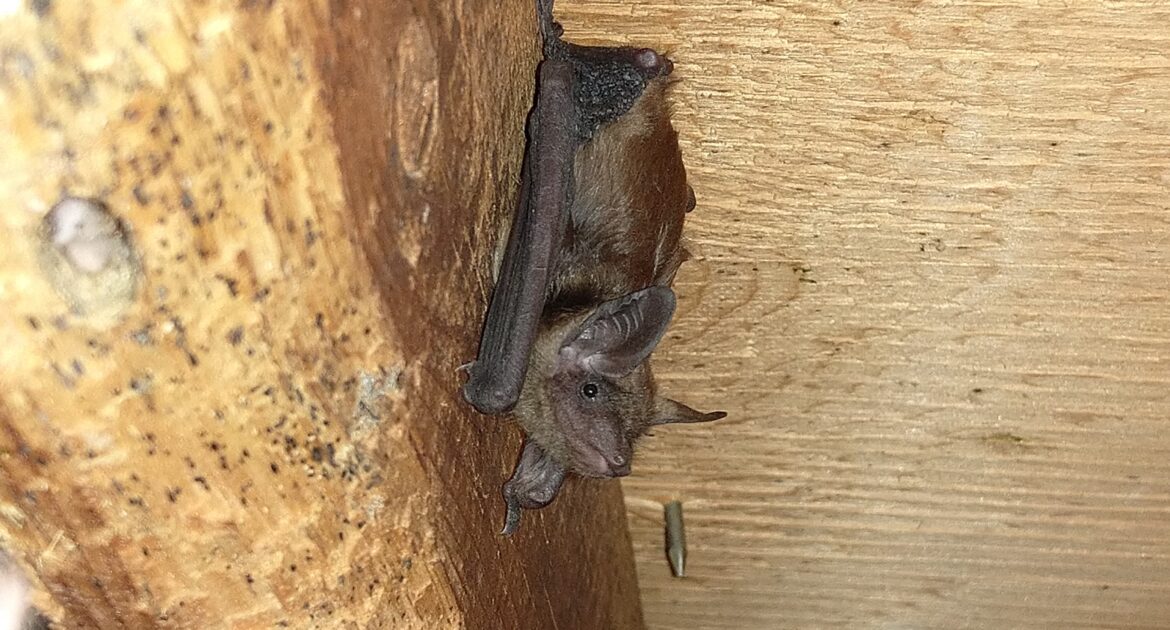Early Bat Season Health Risks: What You Need to Know
Bat season in Kitchener brings with it a host of potential health concerns for homeowners and businesses. The presence of bats in or near your property can pose significant health risks that shouldn’t be taken lightly. It’s crucial to address any bat-related issues promptly and safely, with the help of professional wildlife control experts.
Health risks associated with bats are not just a matter of inconvenience; they can have serious implications for your well-being and that of your family or employees. From the potential transmission of diseases to the accumulation of harmful droppings, bats can create a range of health hazards that require immediate attention. Let’s explore these risks and learn how to protect ourselves during bat season.
Why Do Bats Appear Earlier in the Year?
Climate change and shifting weather patterns have led to bats emerging from hibernation earlier than usual in many parts of Canada. According to recent studies, some bat species are now active up to two weeks earlier than they were just a decade ago. This early emergence can lead to increased encounters between bats and humans, as bats seek out warm, sheltered spaces to roost.
With bats becoming active sooner, it’s essential for Kitchener residents to be aware of potential bat activity in and around their properties. Early detection of bat presence can help prevent infestations and reduce the risk of exposure to bat-related health hazards. Keep an eye out for signs such as:
- Bat droppings (guano) around your property
- Squeaking or scratching sounds in walls or attics
- Bats flying around your home at dusk or dawn
The Serious Threat of Rabies
One of the most important health risks during early bat season is the potential for rabies transmission. Although less than 1% of bats carry rabies, according to Health Canada, any contact with a bat should be treated as a possible rabies exposure. Rabies is a deadly disease if left untreated, which is why seeking medical attention immediately after any suspected contact is essential.
Bat bites can be extremely small and easy to miss, making them especially dangerous. In some cases, individuals may not even realize they’ve been bitten. This highlights the importance of being cautious and avoiding all direct contact with bats. Even if a bat doesn’t appear aggressive, it’s better to be safe than sorry.
If you ever find a bat in your living space, it’s critical to contact a professional to safely remove it. Taking these precautions can help protect your health and reduce the risk of rabies exposure for you and your family. Stay informed and prepared during bat season!
The Dangers of Bat Guano
Bat guano, or bat droppings, can pose serious health risks, especially during early bat season when bats return to their roosts. Accumulating in attics, walls, or other enclosed spaces, guano may seem harmless but can harbour dangerous fungal spores that could impact your health.
Here are some of the dangers of bat guano:
- Contains the fungus Histoplasma capsulatum, which causes histoplasmosis, a serious respiratory illness.
- Disturbed guano releases fungal spores into the air, making them easy to inhale.
- Symptoms of histoplasmosis range from mild flu-like illness to severe pneumonia or even chronic lung disease.
- Without proper removal, guano buildup increases the risk of fungal spore exposure over time.
Professional cleanup and remediation are crucial to ensure the safe removal of bat guano and to protect your home from the spread of harmful spores. Don’t take chances with your health—always consult experts to manage the risks.
Secondary Health Risks: Parasites and Pests
Beyond the direct health risks posed by bats themselves, these creatures can also introduce secondary health hazards in the form of parasites. Bat mites, ticks, and fleas are common ectoparasites that can infest homes where bats are present. While these parasites prefer to feed on bats, they may bite humans when their preferred hosts are no longer available.
Bat parasites can cause skin irritation, allergic reactions, and in rare cases, transmit diseases. Moreover, once introduced into your living space, these pests can be challenging to eradicate without professional intervention. Early detection and removal of bats can prevent these secondary infestations and protect your home from these additional health risks.
The Importance of Professional Bat Removal Services
When dealing with the health risks that come with early bat season, it’s essential to work with knowledgeable and humane wildlife control experts. Bats are an important part of our ecosystem, but their presence in your home can pose serious health concerns. That’s why Skedaddle Humane Wildlife Control in Kitchener offers expert bat removal services that focus on both human safety and animal welfare.
Skedaddle’s humane bat removal process is thorough and effective. Here’s how it works:
- A detailed inspection to locate all bat entry points and assess the situation.
- The use of one-way doors that allow bats to safely exit your home without being able to return.
- Sealing up all potential entry points to ensure that future infestations are prevented.
- Cleaning and decontaminating the affected areas to eliminate any health risks associated with bat droppings or parasites.
By choosing Skedaddle, you’re ensuring that bat-related health hazards are handled comprehensively and humanely. Their approach prioritizes human safety while respecting these incredible creatures, ensuring they are removed without harm. Protect your home and health with the services of trusted wildlife professionals like Skedaddle.
Protecting Your Health This Bat Season
As we enter the early bat season, it’s essential to stay vigilant and proactive in addressing any potential bat issues around your property. By understanding the health risks associated with bats and taking prompt action, you can protect yourself, your family, and your community from these potential hazards.
Remember, when it comes to early bat season health risks, professional help is just a phone call away. If you suspect bat activity on your property or have concerns about potential exposure, don’t hesitate to contact Skedaddle Humane Wildlife Control in Kitchener. Our expert team is ready to provide safe, effective, and humane solutions to all your bat-related concerns. Take action today to ensure a healthy, bat-free environment for tomorrow.
FAQ’s
What are some signs that there might be bats in my home?
Common signs include hearing scratching or squeaking noises, especially at dusk or dawn, noticing droppings (guano) near entry points, or observing bats flying near your home during sunset.
Can I get sick simply from having bats in my attic?
While bats themselves may not directly harm you, their droppings (guano) can lead to health risks such as histoplasmosis, a respiratory illness caused by inhaling fungal spores found in bat guano. It's essential to address bat contamination promptly and professionally.
How can bats pose a risk of rabies transmission to humans or pets?
Bats can carry rabies, a dangerous virus that can be transmitted through bites or even minor exposure to bat saliva. Contact with bats should always be avoided, and any potential exposure should be reported to a medical professional immediately.
What makes Skedaddle's approach different from other bat removal services?
Skedaddle focuses on humane solutions that exclude bats from your home while ensuring they are not harmed. Our techniques prioritize your family's health and safety, as well as the well-being of the bats, by preventing their return in a responsible way.
How do professionals like Skedaddle safely clean up bat guano?
Our professionally trained team uses specialized equipment and cleaning methods to safely remove guano and sanitize affected areas. This ensures the health risks associated with fungal spores are effectively addressed without causing further contamination.




